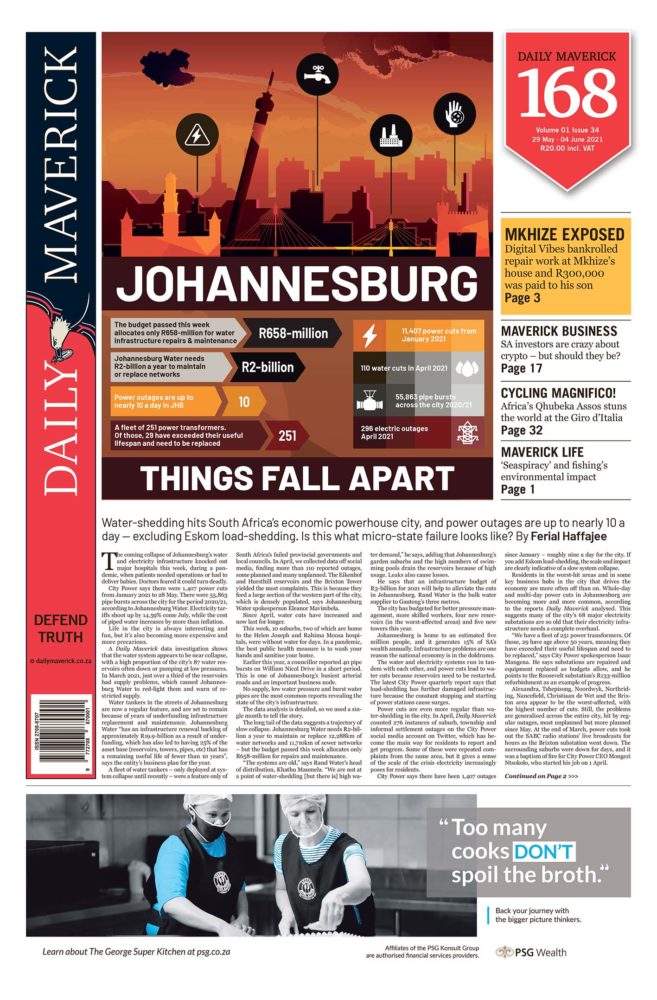First published in the Daily Maverick 168 weekly newspaper.
For decades now a long-held détente has been unwinding on Europe’s Eastern flank, the effects of which were not always immediately apparent. However, this week, the sheer extent of the demise and the failure of the European Union’s policy of containment and cooperation with Russia was thrust into harsh relief.
This week, decades of change happened at once: spies following a dissident East European journalist around Athens airport; Mig-29s intercepting a passenger airliner and threatening to shoot it down, forcing it into an emergency landing in a former Soviet state; and military police abducting Lithuanian-resident passengers and imprisoning them without trial, only for them to appear on television a few hours later saying they are okay, even if showing signs of physical abuse.
It is hard to believe that all this happened last week and not in a John le Carré novel set in the depths of the 1970’s Cold War.
Yet this is the reality in which Europe and the West finds itself. Vladimir Putin is playing a game of chicken and it is not looking like he will blink first. Essentially, the price that the Kremlin is willing to pay for the risks its policies are incurring is higher than the costs that the West is willing to impose on Russia.
The implications of this stand-off is yet another chapter in the “Great Game” that European nations have played out with Russia over the centuries, and Putin is showing to be all too willing to play it – and play it well.
Where does this leave Europe and the West? It has become clear just how exposed the rights of EU residents are to the tendencies of an increasingly bellicose neighbour.
First, the precedent that this sets is simply horrifying. Russia, China, Iran and others will be looking closely at how the West reacts to this hijacking. If it does not respond with sufficient force, other countries could be tempted to intercept planes that happen to be in their airspace if they are carrying passengers they want to arrest.
Second, this is not just a geopolitical reality but an economic one: Russia matters to the EU and to the West, with more than one-third of all energy imports into the EU being Russian oil and gas.
A lot of that enters Europe through hard infrastructure – gas pipelines from Siberia straight through the Ukraine and into European power plants, factories, homes and offices. This energy dependency is the lifeblood of the European economy; there is a metaphorical Russian drip straight into the arm of the European corpus, keeping it alive.
Third, the new Nord Stream gas pipeline from Russia into Germany will worsen this dependency, as it will bypass the Ukraine. That is still forecast to open this year, despite long-seated opposition to the pipeline from many forces within the EU and the US.
Europe and the West need a coordinated and tactical strategy to deal with this economic and geopolitical threat.
First, the EU has reacted with a list of sanctions on Russian stooge state Belarus and should do more, including against Russia. Second, there needs to be a concerted and organised build-up of hard strength in the form of troops positioned throughout the Eastern flank, including in the Ukraine.
Finally, there needs to be a long-term shift away from the Russian fossil fuel dependency by the EU. The EU’s Recovery Plan, with 40% of the total budget of €740-billion earmarked solely for renewable power, will go a long way to reducing that addiction.
Countries such as South Africa that have historical ties to both the EU and Russia will not be spared. Increasingly, in this multipolar world, South Africa will have to start picking sides. As overtures between the strongmen of President Xi Jinping in China and Vladimir Putin get ever stronger, and tensions between the US and China worsen, it is becoming clearer where the battle lines are being drawn.
Is South Africa a country more aligned to the liberal democratic ideals of the West with its democracy, rule of law, free market economy and social model, or the mixed model of Russia and China, which balances a somewhat free market with iron-fisted authoritarianism?
Historically, South Africa is in an interesting situation. We have a democracy that has survived extremely challenging and testing times, and it would seem that South Africans value the right to comment freely and vote as much as they value braaiing and rugby as essential to our identity.
However, South Africa also has increasingly close economic and political ties to China and Russia, and will be under pressure to fall into line, along with the rest of the African continent.
For a brief moment after 1989, economics had the luxury of only being about economics. Now, sadly, it seems that geopolitics is very much back on the agenda. DM168
This story first appeared in our weekly Daily Maverick 168 newspaper which is available for free to Pick n Pay Smart Shoppers at these Pick n Pay stores.

















 Become an Insider
Become an Insider
Comments - Please login in order to comment.